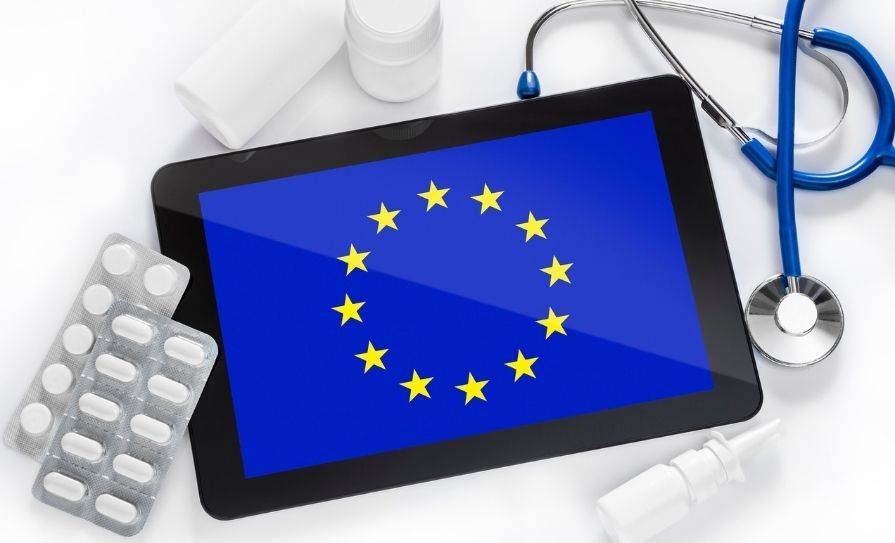Recently, the European Commission (EC) has proposed a Regulation to improve the availability of critical medicines in the EU. The proposal aims to protect human health by incentivising supply chain diversification and boosting pharmaceutical manufacturing in the EU. This will support the EU’s pharmaceutical sector, which is a major contributor to the European economy. The Act also aims to improve access to other medicines of common interest, which may not be available in certain markets. This initiative contributes to the European Health Union’s goal of ensuring that EU patients have access to the medicines they need, when they need them.
EC President Ursula von der Leyen announced the Critical Medicines Act in her political guidelines to reduce dependencies and enhance the EU’s resilience, particularly for medicines and active ingredients where there are only few supplying manufacturers or countries.
Shortages
In recent years, Member States have been confronted with serious medicine shortages and global challenges such as the Covid-19 pandemic, and geopolitical tensions clearly exposed significant vulnerabilities in the EU’s pharmaceutical supply chain. Shortages can put patients’ lives at risk and place a significant burden on our healthcare systems. These shortages can be caused by manufacturing problems, supply chain vulnerabilities, or global competition for resources. The Critical Medicines Act aims to provide an industrial toolkit to address these problems, by making the EU a market in which producing critical medicines will be more attractive.
The Act will facilitate investments for companies that increase EU manufacturing of critical medicines, while incentivising actions that make supply chains more resilient. It will also offer Member States the possibility to join together to increase their purchasing power.
Key elements of the Critical Medicines Act include:
- Strategic projects will create, increase or modernise EU manufacturing capacity for critical medicines or their ingredients. These industrial projects may benefit from easier access to funding and fast- tracked administrative, regulatory and scientific support.
- State aid guidance has been published to assist Member States in financially supporting such strategic Projects.
- Member States can use public procurement to diversify and incentivise the resilience of supply chains. For critical medicines, procurers will have to include a broader set of requirements in their procurement procedures, such as diversified sources of input material and monitoring of supply chains. In case of high dependency on a single or a limited number of countries, they will also have to use procurement requirements that favour critical medicine production in the EU. This will also be possible for other medicines of common interest, when justified.
- The Commission will support collaborative procurement among different Member States at the
request of Member States, to address availability and access disparities of critical medicines and other medicines of common interest throughout the EU.
- International partnerships with like- minded countries and regions will be explored, to broaden the supply chain and reduce dependencies on single or limited numbers of suppliers.
Background
Tackling shortages and ensuring access to medicines have been a priority for the EU for many years. The 2020 Pharmaceutical Strategy for Europe set out a series of regulatory measures and additional support for industry to promote research and innovation in the area of medicinal products, while addressing shortages and lack of access for patients. It also led to the launch of a Structured Dialogue on the industrial dimension of security of supply with all stakeholders.
In 2022, the European Medicines Agency (EMA) was given a stronger mandate to manage shortages. Since then, together with groups of national authorities, it has played a key role in monitoring and responding to critical medicine shortages.
In 2023, the Commission proposed an ambitious overhaul of the EU’s pharmaceutical legislation, to improve access and strengthen the supply chains of medicines. This reform is currently being negotiated by the European Parliament and Council. Further initiatives taken include the publication of a union list of critical medicines, to help identify and monitor critical medicines; and a Commission Communication on addressing medicine shortages in the EU.
The Critical Medicines Act complements these measures with industrial policy tools to address supply chain vulnerabilities of critical medicines and reduce the EU’s dependencies in this strategic area.







